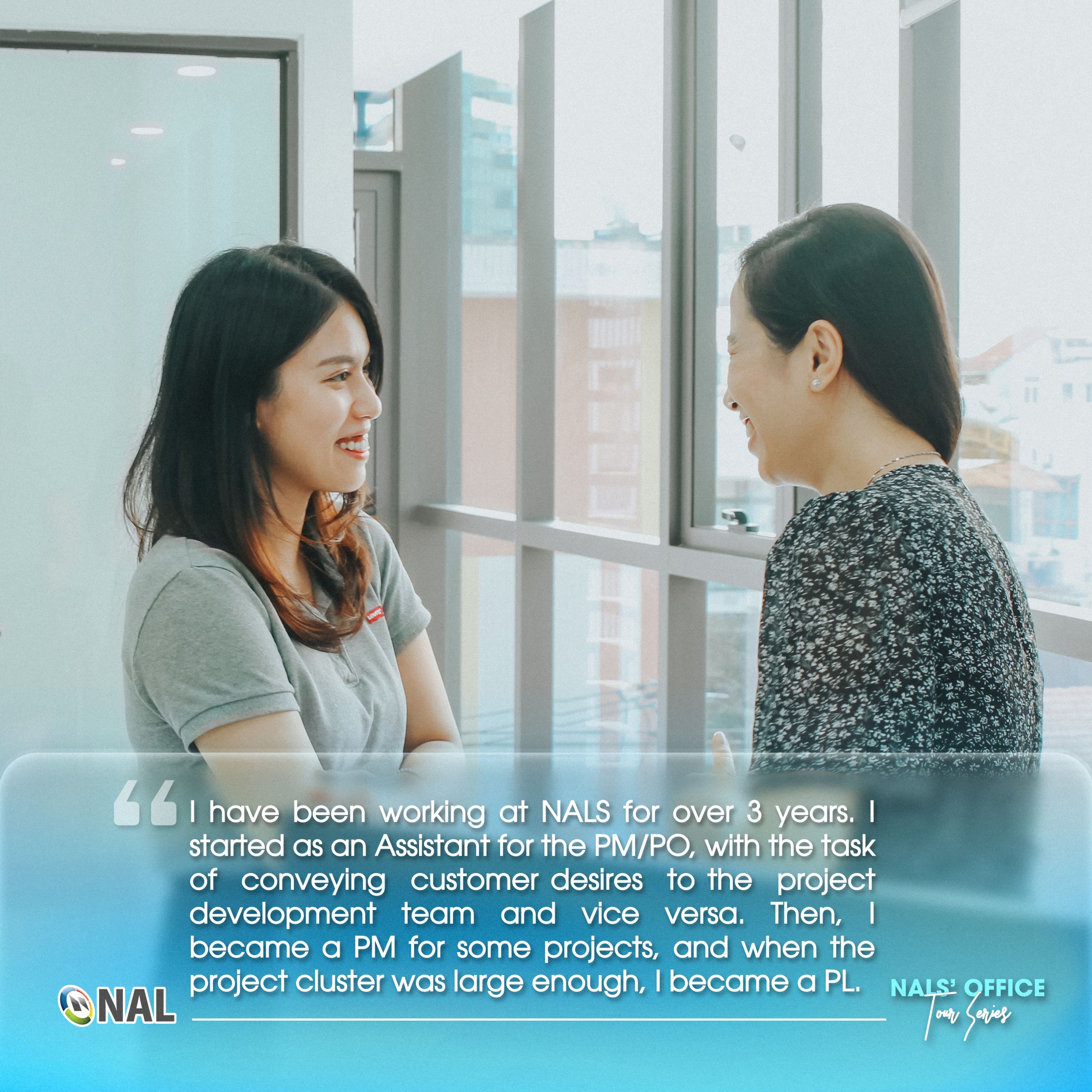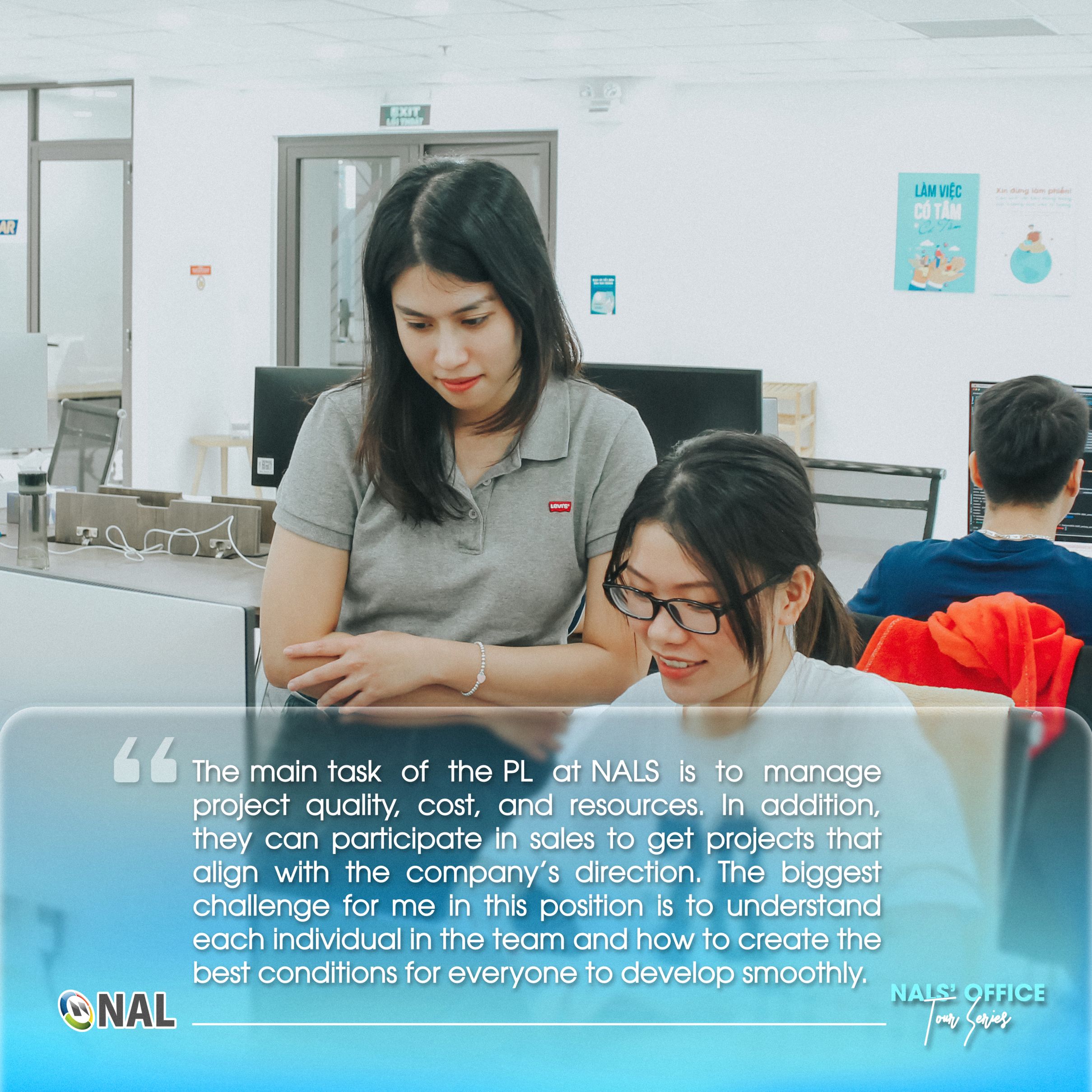Roles of a Production Leader
The production leader is responsible for overseeing the entire production process of either all or specific products. They develop strategies, plan and organize production activities, and ensure that the products are produced in compliance with all the required specifications. Production Leader also supervises the teams in operations and product development and suggests changes to optimize production processes while considering potential risks and maintaining safety procedures. They are responsible for resolving any issues that arise during production and evaluating the performance of the production team. Additionally, they prepare reports and daily status updates as required by management. As well as performing other duties as assigned by their manager. Overall, the production leader plays a vital role in ensuring the smooth and efficient production of high-quality products.
To become a successful Production Leader, you will need:
The role of a production leader is crucial in ensuring the smooth and efficient production of high-quality products. To become a successful production leader, it is essential to possess a range of skills and qualities. Technical knowledge is a fundamental requirement, as production leaders need to have an in-depth understanding of the production process. This knowledge includes equipment, materials, and production methods. By having this knowledge, a production leader can identify bottlenecks in the production process and optimize production flows, ensuring that products are manufactured to the required quality standards.
Leadership skills are another essential requirement. Production leaders need to inspire and motivate their team, communicate effectively, and make decisions quickly. A production leader should create a positive and supportive work environment that promotes teamwork and collaboration. By doing so, team members will be more productive and engaged, contributing to the overall success of the organization.
Organizational skills are also vital for a production leader. They must be highly organized, managing multiple tasks and priorities simultaneously while ensuring that deadlines are met. They need to develop efficient systems for scheduling and task management and be adaptable to changing circumstances. By being well-organized, a production leader can ensure that the production process runs smoothly, reducing downtime and maximizing productivity.
Problem-solving skills are another critical requirement for a production leader. They must be able to identify and analyze problems quickly, propose and implement solutions, and evaluate their effectiveness. This skill is particularly important in the production process as production leaders need to minimize downtime, reduce costs, and ensure that production goals are met. By having strong problem-solving skills, production leaders can identify and address potential issues before they impact the production process, resulting in more efficient production and higher-quality products.
In conclusion, a successful production leader must possess technical knowledge, leadership, organizational and problem-solving skills, and be able to work well with people. They should have a mindset of continuous improvement, a strong sense of safety knowledge, and relevant education and experience. By possessing these skills and qualities, a production leader can effectively oversee the production process and contribute to the success of the organization.
Production Leader Career Path and Opportunities:
The career path for a production leader can be diverse and offer many opportunities for growth and advancement. Many production leaders begin their careers in entry-level positions, such as production assistants, and technicians. They then progress to more senior roles, such as production managers, before eventually becoming production leaders.
Once in a production leadership role, there are various opportunities for career advancement, such as taking on broader responsibilities, leading cross-functional teams, or becoming a manager. Production leaders can also choose to specialize in specific areas such as quality control, safety, or process improvement.
In addition to traditional career advancement, production leaders can also explore other opportunities, such as starting their own production-related businesses or consulting firms. They can also seek opportunities to work in different industries or geographic locations to broaden their experience and expertise.
Continuous learning and development are also essential for a successful career as a production leader. There are many training programs, workshops, and courses available to enhance technical knowledge and leadership skills. Staying up-to-date with technological advancements and industry trends is also critical in this field.
Success Story of Production Leader at NAL Solutions:
NAL Solutions is an IT company where the role of Production Leader (PL) is crucial in project/product production management. Each PL at NALS follows a different career path, and P.N is an excellent example of this. P.N started as a PM/PO Assistant and has since climbed the ranks to become a successful Production Leader at NALS. In this success story, we will delve into P.N’s experiences and insights to gain a better understanding of the Production Leader role and the qualities required to succeed in this position. From overall project management to keeping the team motivated and achieving set goals, we will explore the various roles and responsibilities that come with being a Production Leader at NALS.
P.N’s advice is invaluable for anyone aspiring to become a Production Leader at NALS or any other IT company. According to P.N, becoming a successful Production Leader is not just about project management, but it also involves developing a diverse range of skills and knowledge in various areas. This requires having a learning spirit and being willing to continuously broaden your capabilities to stay ahead of the competition and seize opportunities when they arise. With P.N’s advice in mind, it’s clear that the role of a Production Leader is dynamic, challenging, and rewarding, and it requires a combination of technical expertise, management skills, and soft skills to succeed.


